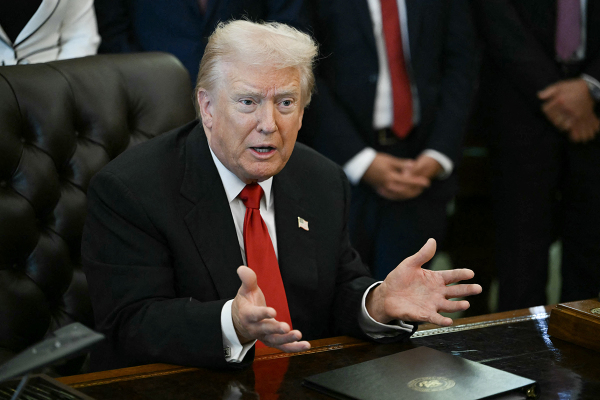Sudan Declares State of Emergency Along Border With South
Sudanese President Omar Hassan al-Bashir declared a state of emergency Sunday along much of its border with South Sudan amid growing hostilities between the two countries over disputed oil-rich areas.
President al-Bashir's resolution was announced by the country's official news agency SUNA on Sunday, the day clashes between South Sudan's army and a militia group allegedly backed by Sudan left 21 people dead in Malakal, a border city in South Sudan.
On Saturday, Sudanese aircraft allegedly bombed the border town of Panakuach in South Sudan's Unity State, according to the Sudan Tribune. Sudan also arrested a Briton, a Norwegian, a South African and a South Sudanese for illegally entering into Heglig. The Sudanese government accused them of spying for South Sudan, which denied the allegation saying they were from aid groups connected with the United Nations and had lost their way.
Large scale clashes between the militaries of the two nations have occurred along the oil-rich and contested 1,100-mile international border, mostly near the disputed Heglig area, since hostilities between the two countries began earlier this month after South Sudan briefly took control of Heglig.
The resolution imposes a trade embargo on nine-month-old, predominantly Christian South Sudan, which seceded from the Sunni Muslim-dominant north last year after decades of civil war.
Meanwhile, South Sudan responded to demands from the African Union and the United Nations Security Council and announced Sunday that it would remove its security forces from the contested region of Abyei. "We are not occupying any contested area," the country's minister of information, Barnaba Marial Benjamin, was quoted as saying.
Sudan accuses South Sudan of supporting rebels in Southern Kordufan and Blue Nile. South denies the allegation.
The south had been seeking independence since at least a year before the independence of the region from the British in 1956. The demand resulted in fierce civil wars in the early 1990s after Col. Omar Hassan al-Bashir ousted the then coalition government in a bloodless military coup and became the president of Sudan in 1993. The al-Bashir-led military government introduced an Islamic legal code in the country, and began taking control of the Christian-majority south which resulted in a civil war.





















